WADA defends salbutamol rules after criticism over Chris Froome case
Current regulations will not change unless their is a scientific basis for doing so, says anti-doping body
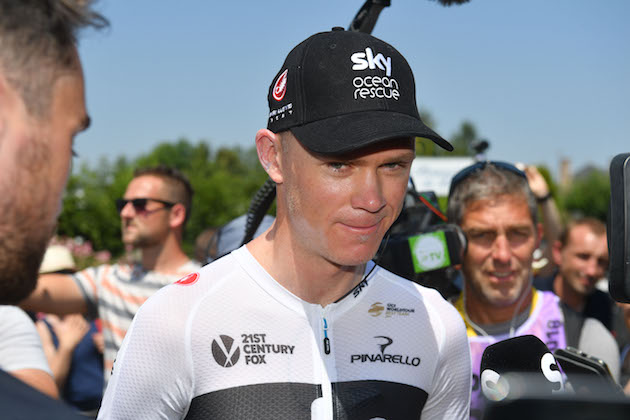
Chris Froome ahead of stage two of the 2018 Tour de France
The World Anti-Doping Agency (WADA) has launched a staunch defence of its regulations concerning the use of salbutamol after its rules around the asthma drug were criticised in the wake of Chris Froome's salbutamol case.
One of the scientists who gave evidence in Froome's defence was Professor Ken Fitch, who helped establish WADA's rules on salbutamol and admitted last week that he had made a "terrible blunder" in the research that was used to establish those rules.
However in a lengthy "clarification" statement issued on Wednesday evening WADA defended its current regulations, insisting that "the current salbutamol threshold is at a correct level considering the scientific literature published on the substance over the past 20 years".
>>> Bradley Wiggins breaks his silence and speaks out on Chris Froome's salbutamol case
Current regulations have a "decision limit" of 1,200 nanograms of salbutamol per millilitre of urine, with an athlete giving a sample with a higher concentration of salbutamol being subject to an anti-doping investigation and having to prove that this high concentration was not as a result of exceeding the maximum permitted dosage.
"Unlike most substances, given the variables that exist with salbutamol depending on conditions specific to each case," WADA continued.
"The rule is designed to afford athletes found to have exceeded the threshold with the opportunity to prove how it has occurred and justify proper therapeutic use."
Get The Leadout Newsletter
The latest race content, interviews, features, reviews and expert buying guides, direct to your inbox!
In Froome's case, the Team Sky rider and his legal and scientific teams were able to establish that his sample which was above the limit at 1,428 ng/ml of urine, when adjusted for specific gravity was not as a result of exceeding the maximum dosage.
Despite the criticism over its handling of Froome's case, WADA insisted that it had no plans to change its current rules surrounding salbutamol unless their is a scientific reason to do so.
"Each case is assessed on its own merits and this decision changes nothing about the test or the regime," the statement went on. "At present, there is no evidence that a change to the threshold or decision limit for salbutamol is required.
"WADA has noted some public comments questioning the salbutamol threshold and how it was determined. It should be pointed out that studies conducted over the past 10 years – both WADA-funded and independent – have reinforced the legitimacy of the current threshold.
"However, mindful of the complexity of some specific salbutamol cases, in particular the fact that different routes of administration cannot be distinguished by urine analysis, WADA will continue to consult experts in the field and carry out research in this area."
WADA also released data showing that only around half of the salbutamol cases that it deals with result in suspensions, with the remainder either resulting in "reprimands" or the athlete being acquitted altogether.
The anti-doping body also said that the abuse of salbutamol in road cycling was very small compared to other sports, with only four of the 57 cases involving salbutamol that it dealt with between 2013 and 2017 involving road cyclists (not including Froome's case)

Thank you for reading 20 articles this month* Join now for unlimited access
Enjoy your first month for just £1 / $1 / €1
*Read 5 free articles per month without a subscription

Join now for unlimited access
Try first month for just £1 / $1 / €1
Henry Robertshaw began his time at Cycling Weekly working with the tech team, writing reviews, buying guides and appearing in videos advising on how to dress for the seasons. He later moved over to the news team, where his work focused on the professional peloton as well as legislation and provision for cycling. He's since moved his career in a new direction, with a role at the Department for Environment, Food and Rural Affairs.
-
 FDJ-Suez, SD Worx-Protime, Lidl-Trek confirmed for Tour of Britain Women as strong list of teams announced
FDJ-Suez, SD Worx-Protime, Lidl-Trek confirmed for Tour of Britain Women as strong list of teams announced18 teams set to take part in four-day WorldTour stage race
By Tom Thewlis
-
 Cyclists could face life sentences for killing pedestrians if new law passed in England and Wales
Cyclists could face life sentences for killing pedestrians if new law passed in England and WalesReckless cycling currently carries a maximum two-year jail term
By Tom Thewlis
-
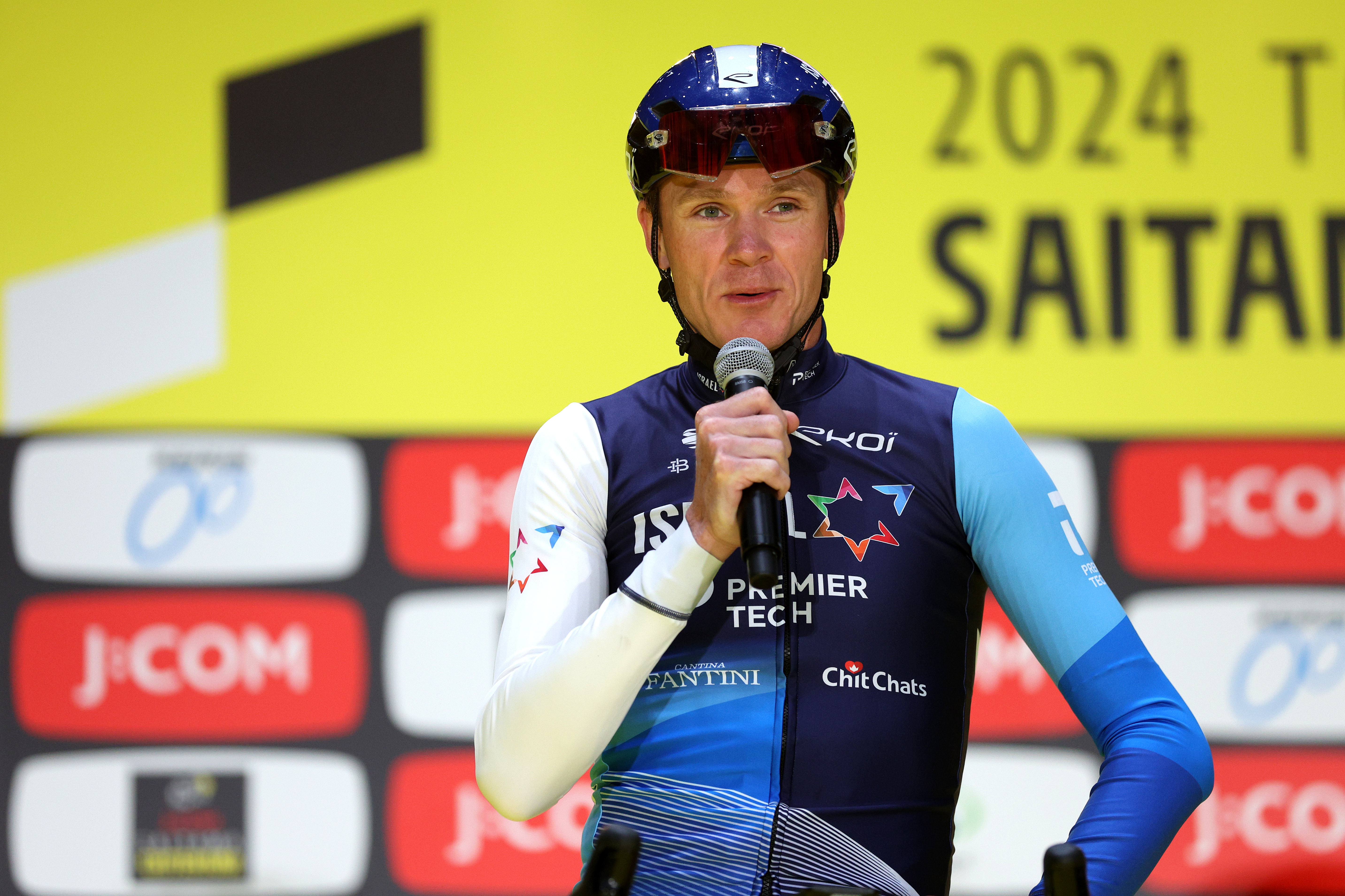 Chris Froome is 'keeping the door open' to racing in 2026 - could he ride on?
Chris Froome is 'keeping the door open' to racing in 2026 - could he ride on?39-year-old says his retirement isn't concrete yet
By Tom Davidson
-
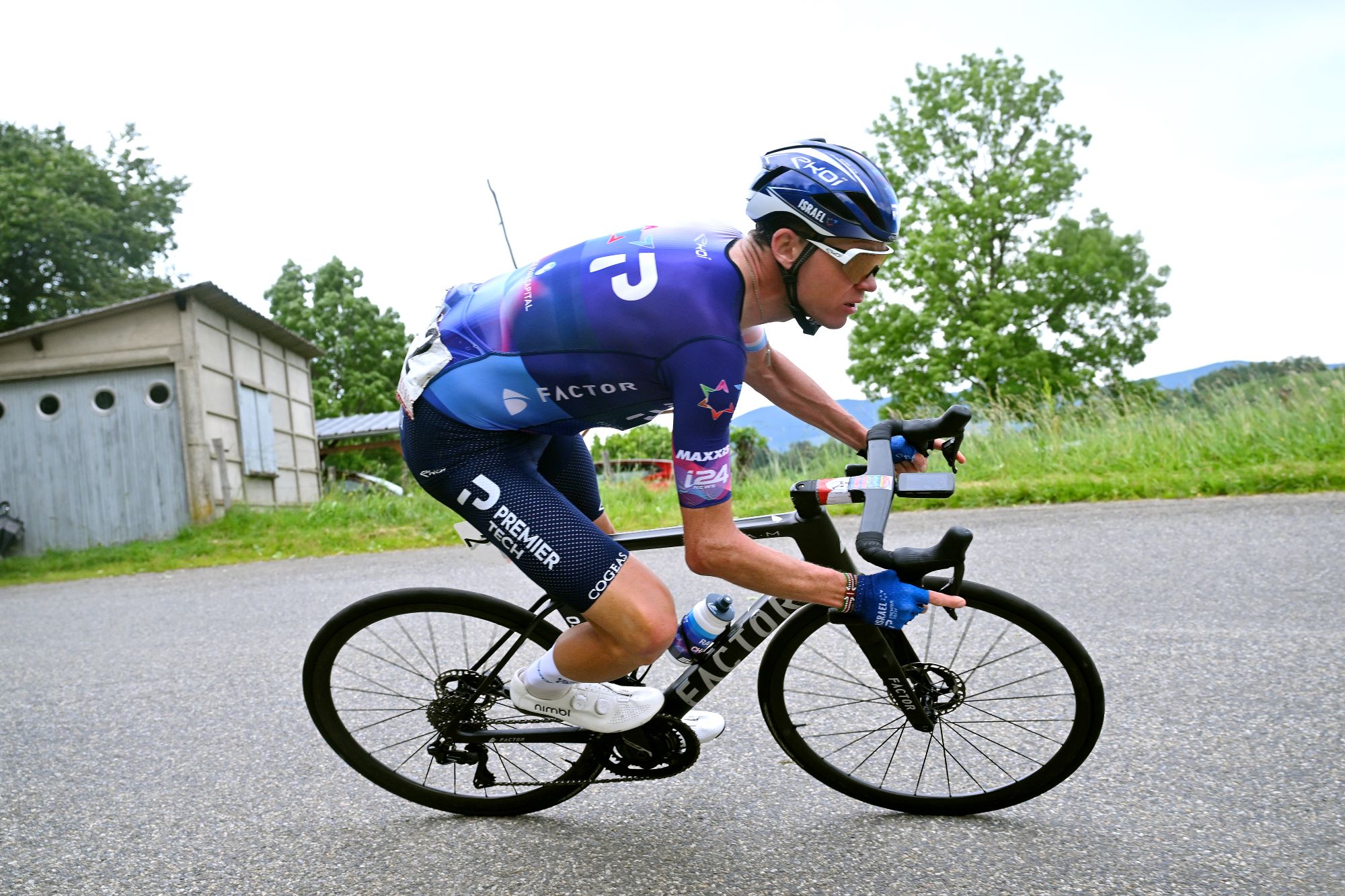 Chris Froome misses out on Tour de France selection
Chris Froome misses out on Tour de France selection39-year-old absent from Israel-Premier Tech's eight-rider roster
By Tom Davidson
-
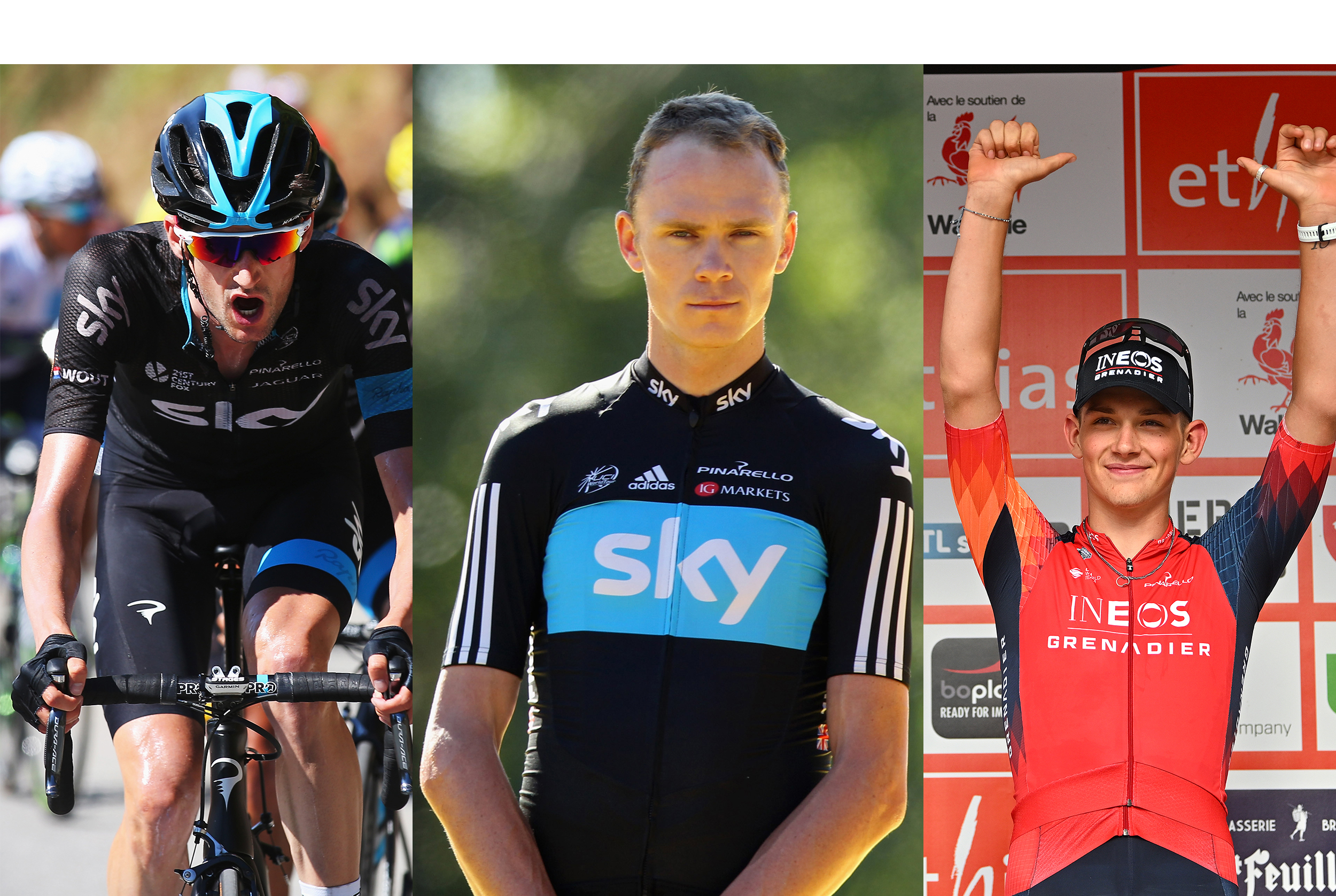 A complete history of Ineos Grenadiers kits, from Adidas to Gobik, via Rapha
A complete history of Ineos Grenadiers kits, from Adidas to Gobik, via RaphaThe British team switch to Gobik in 2024 after two years with Bioracer
By Tom Thewlis
-
 Chris Froome's boss rubbishes claims bike fit is behind lack of results
Chris Froome's boss rubbishes claims bike fit is behind lack of results'He can talk about his bike position until the cows come home - that's still not going to earn him a position on a Grand Tour team' says Israel-Premier Tech team owner Sylvan Adams
By Tom Thewlis
-
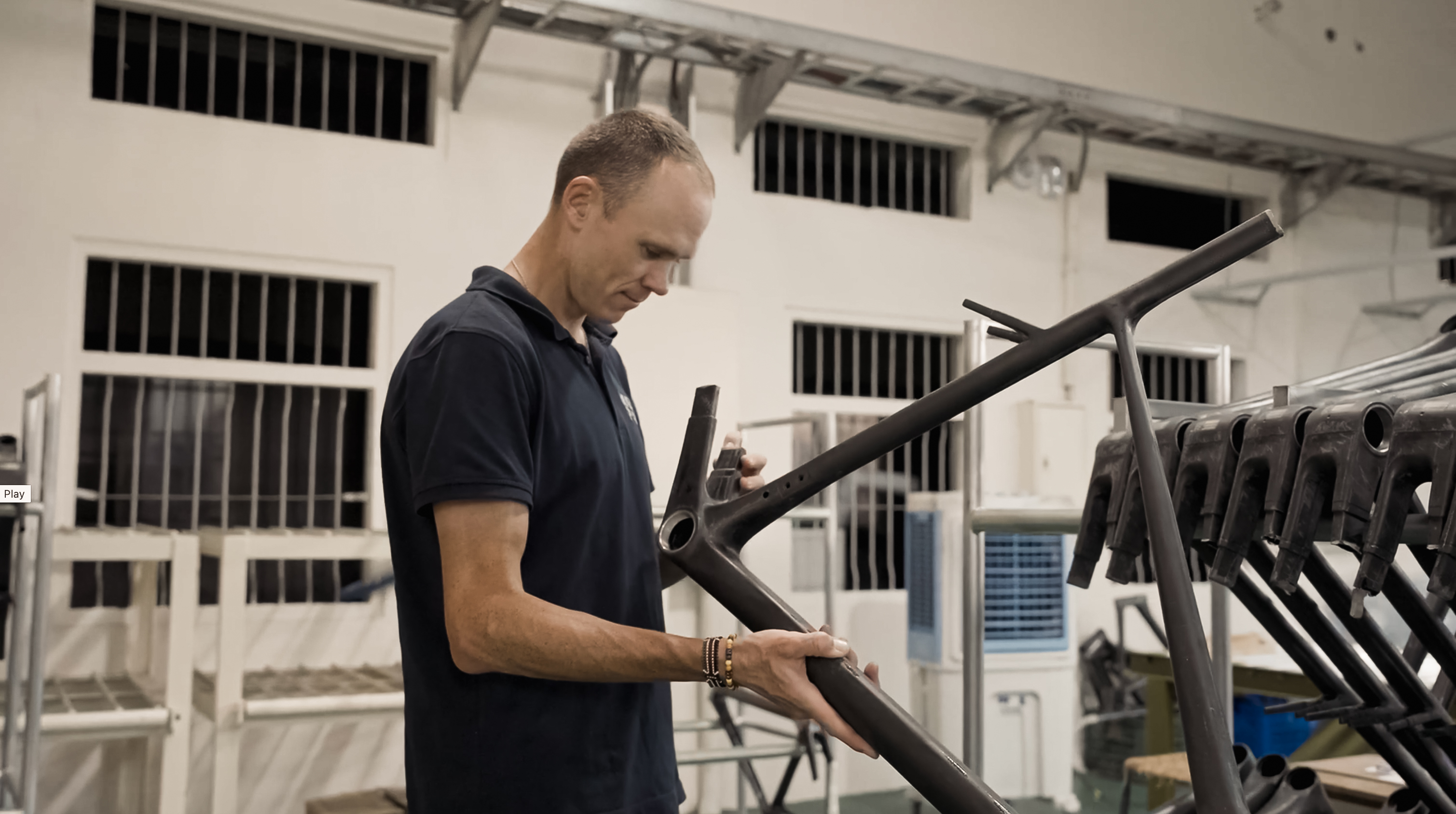 Chris Froome, rim brake evangelist, 'warms to' disc brakes
Chris Froome, rim brake evangelist, 'warms to' disc brakesThe Israel-Premier Tech rider, also an investor at Factor Bikes, says that he has "way less problems" with discs these days
By Adam Becket
-
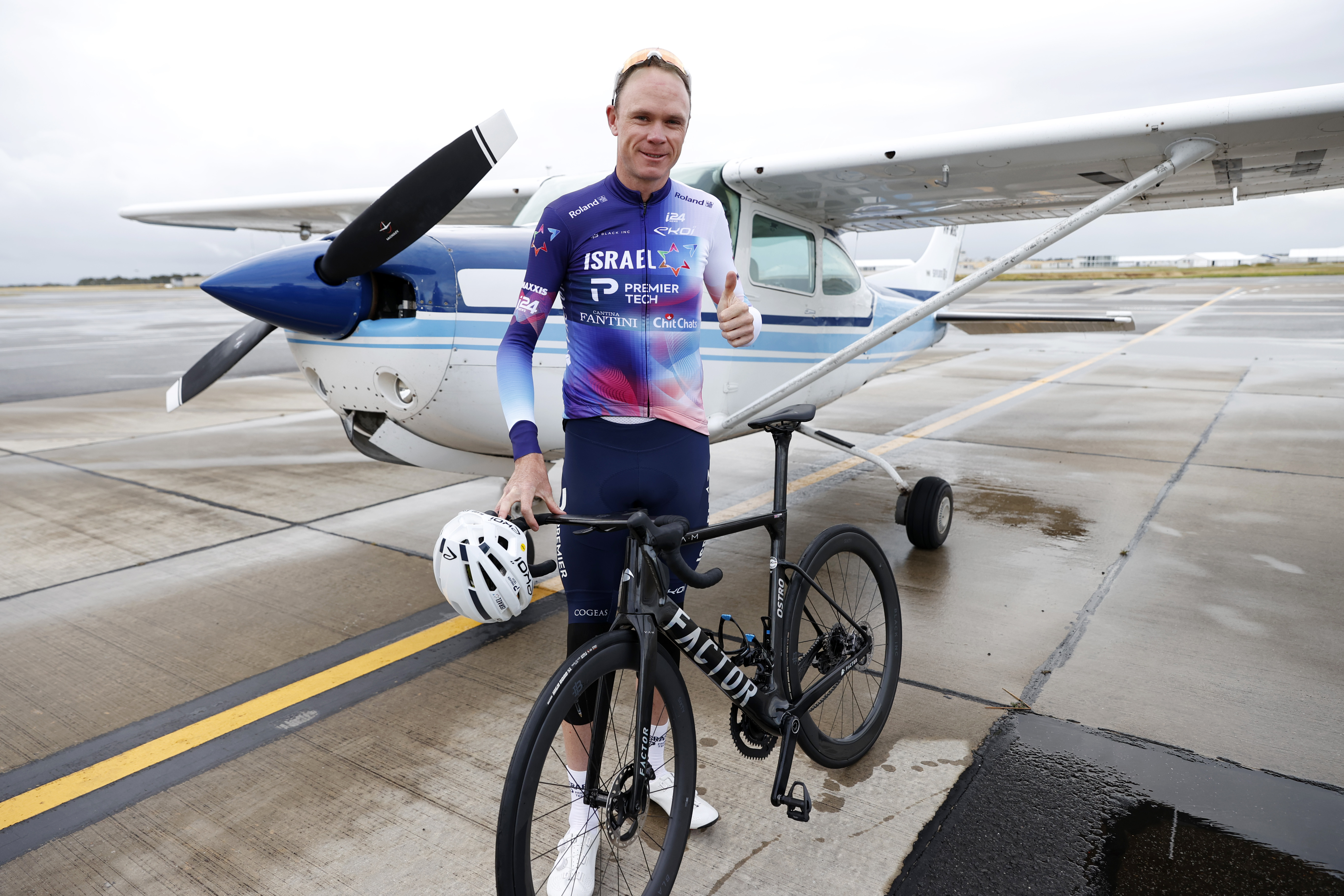 Is Chris Froome - in 2023 - a professional cyclist, or an influencer?
Is Chris Froome - in 2023 - a professional cyclist, or an influencer?The seven-time Grand Tour winner hasn't raced since July, but has taken to being interesting on social media
By Adam Becket
-
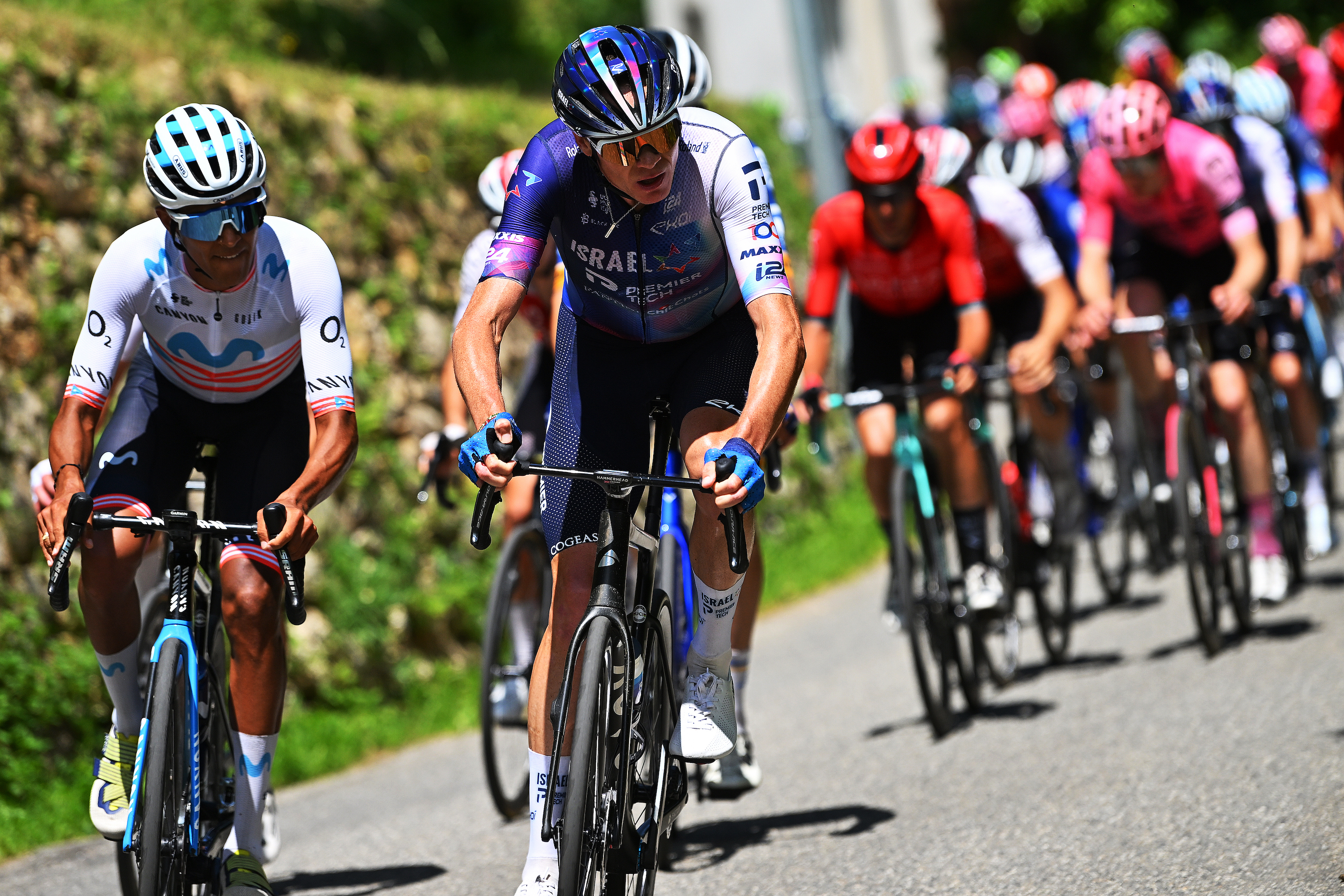 Chris Froome 'absolutely not' worth multi-million euro salary says his team boss
Chris Froome 'absolutely not' worth multi-million euro salary says his team bossThe four-time Tour de France winner was not selected for this year's Tour de France for performance reasons, Israel-Premier Tech boss Sylvan Adams says
By Chris Marshall-Bell
-
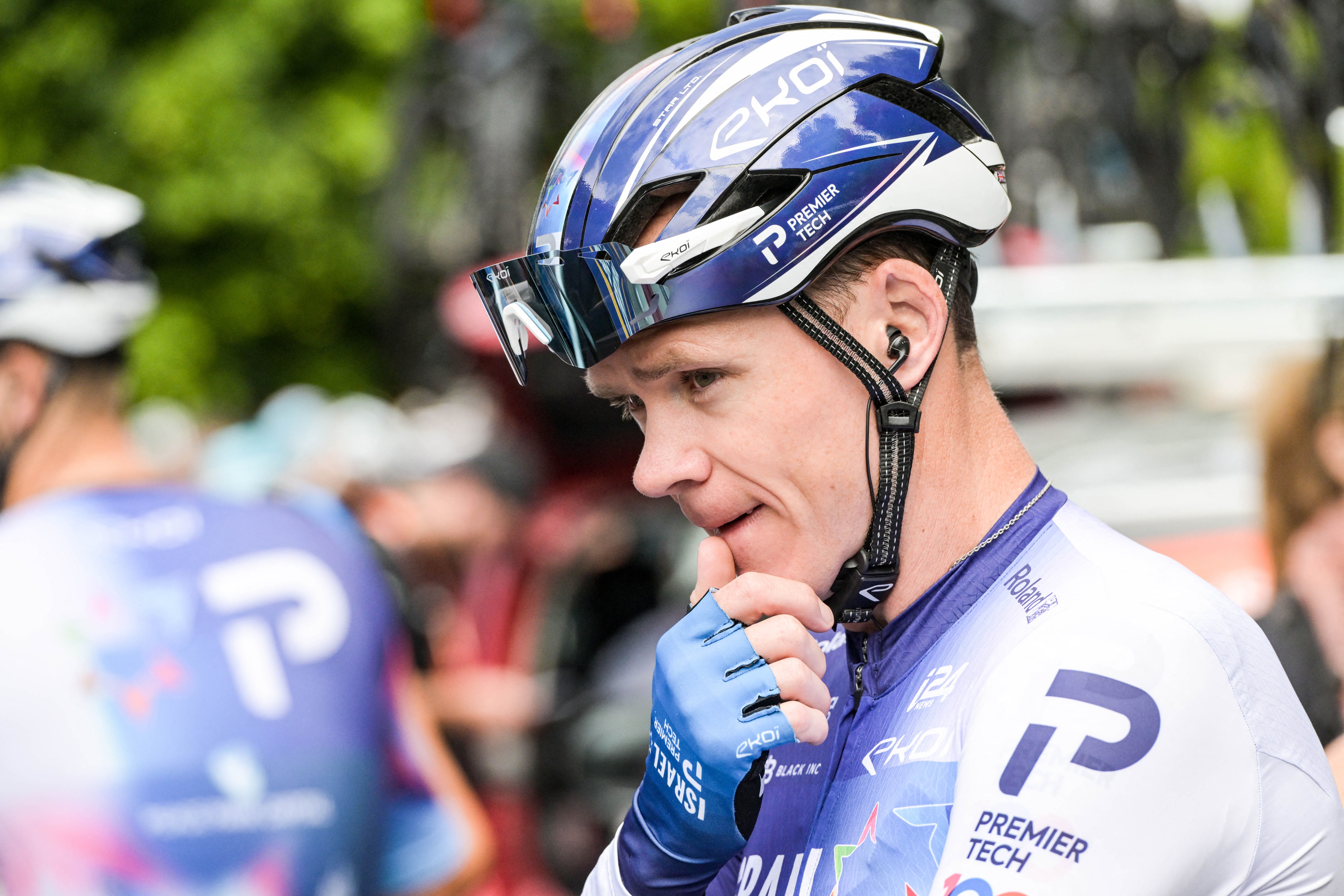 Chris Froome not selected for Tour de France 2023
Chris Froome not selected for Tour de France 202338-year-old misses out on 'ultimate goal' as Israel-Premier Tech confirm eight-man squad
By Tom Davidson